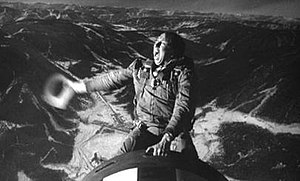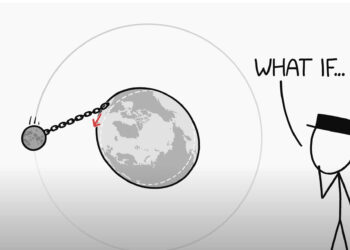I started writing my dissertation shortly after the US housing market collapsed, and it didn’t take long for the panic to set in. Advertisements for open tenure-track faculty positions were pulled from job lists and replaced with post-doc positions, or more commonly, with nothing at all.
Even at elite universities, such as my own, most institutions of higher education were looking for ways to reduce costs, and the easiest path was through the reduction of non-tenured track staff and the centralization of administrative functions. Tenure was never designed to provide lifetime employment, but in the United States, it essentially served the same purpose.
In my own department, simple austerity plans were quickly enacted: no more food at speaking events, the supply closet was kept locked, and, to the chagrin of graduate students, there were threats of removing the cast-off, jam-prone laser printer from the grad office. Paper and toner costs money, you know.
Unlike the oil crisis of the early 1970s, there were no solar panels mounted on our department and no one was asked to don a cardigan sweater. Don’t get me wrong, I was happy to have a (shared) office, and even luckier to have a job, which was, at that point, to write a dissertation — a document that represented more of a rite of passage than something anyone would read.
What that rite of passage would lead to was not clear to me or my peers at the time. If (or when) the financial market recovered, we thought, it would take several years for the faculty job market to fully recover. By that time, there would be several cohorts of PhD graduates all competing for a limited number of positions.
Starting a graduate program requires you to make plans several years in advance. You load up, take off, and spend 5-7 years heading for a destination that you expect will be there by the time you are ready to land.
Yet, a faculty landing isn’t the destination for a large majority of doctorates these days. The airspace has gotten crowded as universities place more and more graduates into the market. Many of these recent graduates will also be burdened with excessive debt from their college experience. Even for those who are fortunate enough to avoid such a financial load, many of us feel like planes circling closed airports, hoping that a few landing strips would open. This is the post-doctoral experience.
Postdocs are very common in the life sciences — as a way of apprenticeship to running one’s own lab — although they have become more of a career path of their own. Long hours, low pay, and the uncertainty of long-term employment has simply extended the graduate student experience. More recently, post-doctoral research positions have made their way into the social sciences and humanities. I’m the result of this change.
It has not always been this way. A PhD earned in the 1960s through the 1970s often came with a guaranteed faculty job with excellent benefits including free tuition for one’s children. As the public and private university systems in the United States expanded, many doctoral students were offered jobs even before they completed their dissertations. Some were even given an office and paid to write before taking on professorial duties. It was a seller’s market and if you were lucky enough to be part of this cohort, life was good, even for librarians.
Don’t get me wrong, I’m not angry. Okay, maybe a little vexed.
I have come to realize that the system that I went back to in 2006 is not the same system that I’m leaving in 2011, and it’s time to take stock. No one promised me anything except a good education, and that if I worked hard, I would come out a much better researcher than when I went in as a librarian. To that end, the system has done its job.
The rest is my responsibility.




